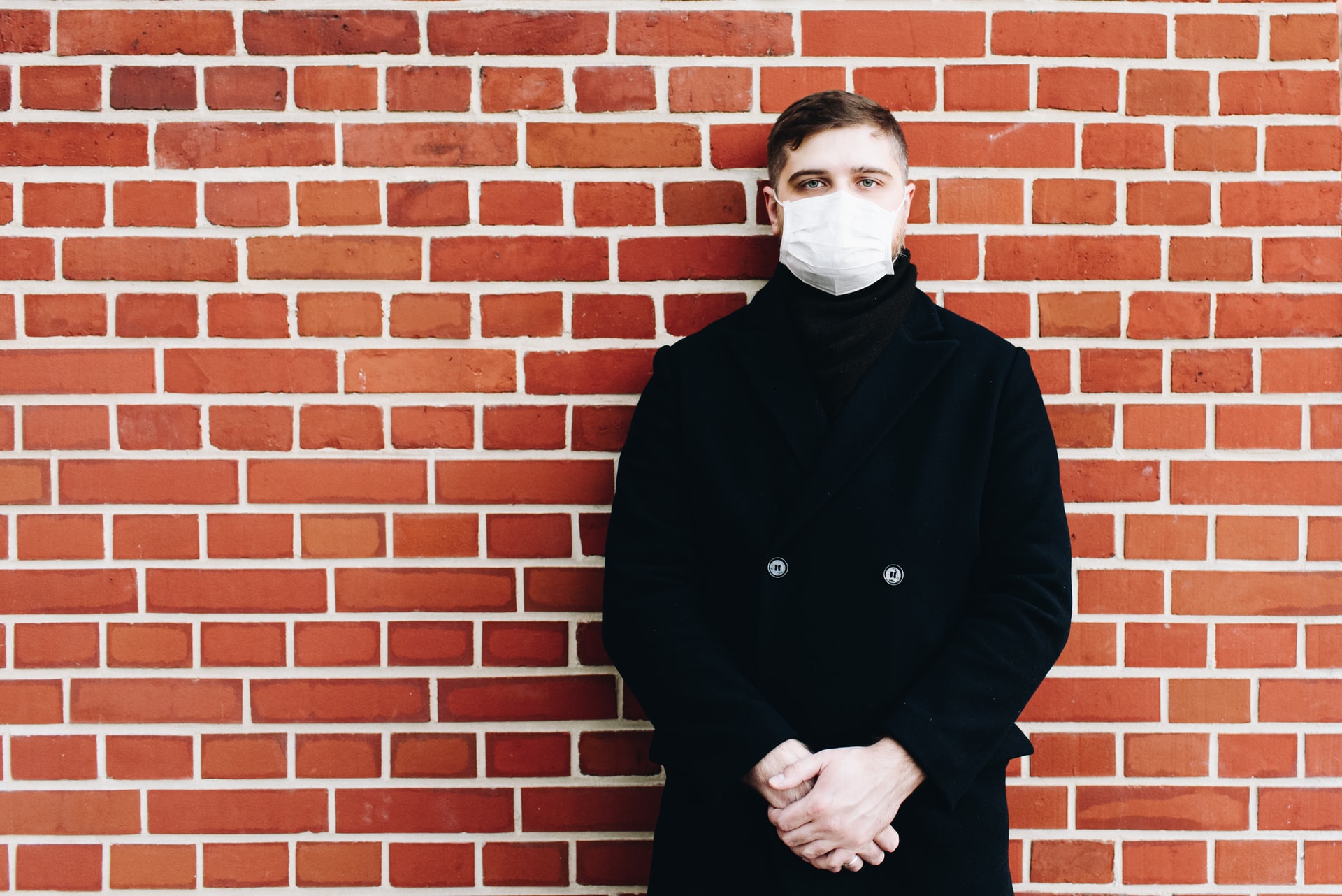

Low testosterone levels in men are associated with more severe COVID-19 symptoms, according to a new study from researchers at the Washington University School of Medicine in St. Louis, offering a clue about why men seem to fare worse than women with the virus.
While men account for less than half of all COVID-19 cases in the US (47.8 percent) according to the CDC, they make up 54.2 percent of COVID-19 deaths. In other countries, the disparity is much starker—men represent 73 percent and 70 percent of fatalities in China and Italy respectively, according to one paper.
Scientists have been questioning the role of sex hormones, specifically testosterone, in COVID-19 severity since quite early on in the pandemic. Men tend to produce much more testosterone than women, so the sex hormone seemed like a prime candidate for scrutiny. As early as May 2020, researchers in both Germany and Italy published studies about the link between low testosterone in men and more adverse reactions to SARS-CoV-2. A month later, scientists writing in the journal Critical Care called for low testosterone screening in men as a way to detect high-risk patients.
A new study takes further steps to elucidate this connection. While previous papers looked retroactively at individuals with COVID-19 and observed the low testosterone correlation, scientists in this new study followed 90 male and 62 female patients as their disease progressed, and made note of their hormone levels as they went. In women, none of the hormones measured correlated in any way to COVID-19 severity.
Men admitted to the hospital with severe COVID-19, however, had very low testosterone—52 nanograms per deciliter (testosterone below 250 nanograms per deciliter is considered low in an adult male). Men with less severe COVID-19 had an average of 151 nanograms per deciliter. All men saw their testosterone levels go down as their disease progressed. By the third day after hospital admission, blood testosterone in the severe cohort had dropped to an average of just 19 nanograms per deciliter. The findings were published in JAMA Network Open.
The study authors also analyzed the cells in patients’ blood. They observed that, in men with low testosterone, their immune cells boosted the genes responsible for responding to sex hormones, essentially making the immune system more sensitive to the hormones that were still circulating. Researchers think that this may be the body’s way of adapting to having less testosterone available, by increasing the immune cells’ ability to make the best use of the testosterone around.
Despite strengthening the link between testosterone levels and COVID-19, this paper does not assert that testosterone plays a causal role in any way. It’s unclear if low testosterone leads to worse COVID-19 outcomes, or if COVID-19 causes a drop in testosterone. Nevertheless, “Lower testosterone levels seemed to predict which patients were likely to become very ill over the next few days” after hospital admission, said endocrinologist and lead author Sandeep Dhindsa in a statement.
The authors mention that the men with more severe illness tended to be older, with more comorbidities and other risk factors present. Older age, obesity, and diabetes are in fact all associated with increased risk of severe COVID-19—and lower testosterone. They also note that they did not have access to anyone’s hormone levels from before they got sick—data which would show whether those men have chronic low testosterone, or testosterone that dramatically dropped after infection.
More research needs to be done before scientists can make any definitive conclusions. In the same statement, authors of the study said that it will also be important to look at the link between sex hormones and post-COVID life: “We also are interested in whether men recovering from COVID-19, including those with long COVID-19, may benefit from testosterone therapy,” said cardiologist and senior author Abhinav Diwan. “This therapy has been used in men with low levels of sex hormones, so it may be worth investigating whether a similar approach can help male COVID-19 survivors with their rehabilitation.”